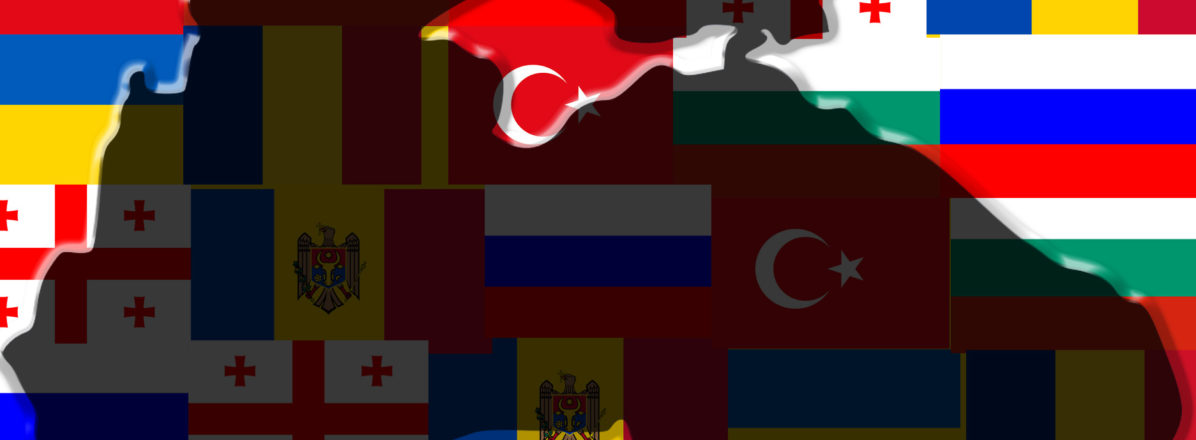A nation must think before it acts.
Announcing the Black Sea Initiative at FPRI
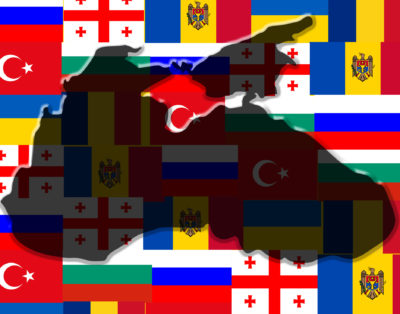
The shock-waves of the Ukraine crisis are still being felt across the Black Sea region, from Moldova to Georgia to Ukraine itself, not only militarily but also on the economic and energy fronts. Furthermore, the region remains volatile as conflicts from Transnistria to Abkhazia and South Ossetia to Nagorno-Karabakh continue to smolder. To tackle the challenges of the greater Black Sea region, the United States needs an approach that takes into account the dynamics and complexities of both the entire region as a whole and each individual country.
Through the Black Sea Initiative, FPRI aims to affect policy via cutting-edge research, publications, and public events. We are particularly interested in providing a platform for analysts from the Black Sea region in order to expand the voice that experts from these countries have in Washington and in American public debate more broadly. The new Black Sea Initiative at FPRI includes three monthly publication series: Black Sea Strategy Papers, Caucasus Cable, and Moldova Monthly.
Below is an overview of the inaugural articles of each publication.
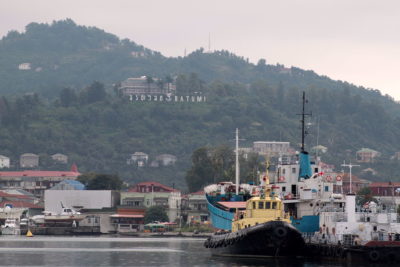
Why The Black Sea?
When Americans think about the world, they divide it into discrete regions: Europe, spanning from Norway to Greece; the Middle East, stretching from Morocco to Iran; and the Asia-Pacific, covering Japan through Indonesia, or sometimes even to India. This mental map of the world is profoundly powerful and entirely imaginary. Powerful, because where we place countries affects how we treat them. Imaginary, because our mental geographies are not the only way of seeing the world. Often, they are not even the best way.
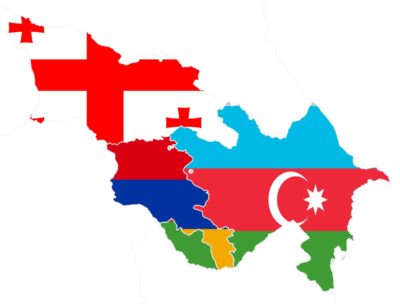
What Will Shape The Caucasus In 2017?
From the conflict in Nagorno-Karabakh to Azerbaijan’s painful economic crisis, there are many reasons why residents of the South Caucasus are hoping that 2017 will be better than last year. The challenges facing the region are many. The crash in global energy prices in 2014 and 2015 continues to ricochet around the region, hitting Azerbaijan, a major energy exporter, and Armenia and Georgia, which face lower trade and remittances from workers in Russia. Meanwhile, the complicated geopolitics of the Caucasus remains divisive, as disputes in Nagorno-Karabakh, Abkhazia, and South Ossetia appear no closer to resolution.
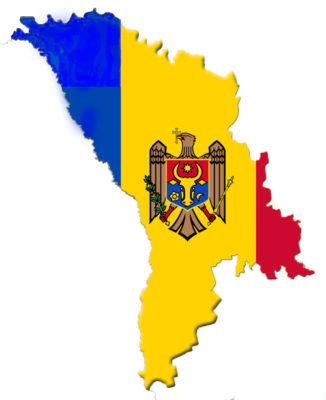
What Will Moldovan Politics Look Like In 2017?
The past several months have seen sharp changes in Moldovan politics and foreign policy. First, the election of Igor Dodon as president in November 2016 promises a new phase of domestic political conflict. At the beginning of 2017, Dodon visited Russia and said his country should scrap a trade deal with the European Union (EU) and sign one with the Russian-backed Eurasian Union instead. Now, President Dodon and Prime Minister Pavel Filip are criticizing each other’s policies on relations with Russia and with Transnistria, a breakaway region of Moldova.
Like what you see? Don’t forget to subscribe to the Black Sea Initiative publications. For additional news and views on the Black Sea region and its neighboring countries, follow our Twitter page @BlackSeaFPRI.
FPRI would like to thank the J.J. Medveckis Foundation, Leo Model Foundation, Sarah Scaife Foundation, Audrey and Martin Gruss Foundation, Krista Bard, and others for support of its Eurasia Program, directed by Ambassador Adrian Basora and John R. Haines.
For more information on how you can support the Eurasia Program at FPRI, please contact Maia Otarashvili at 215-732-3774 ext. 119 or motarashvili@fpri.org.




